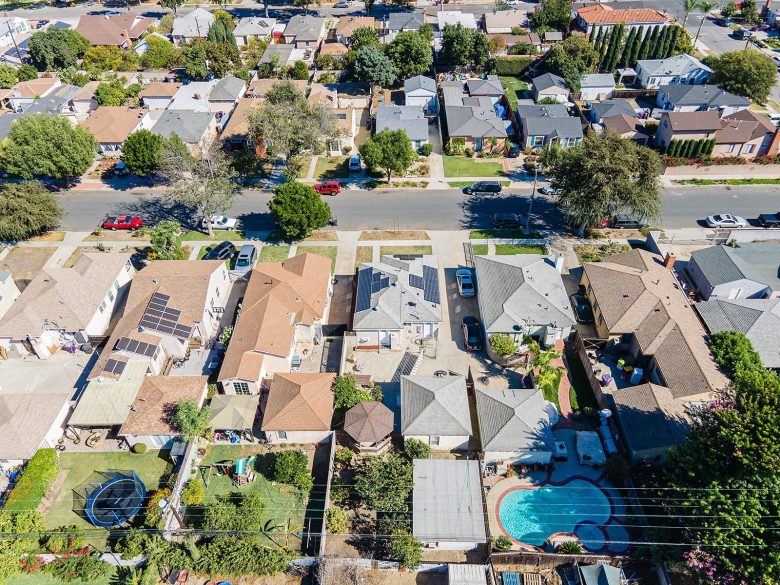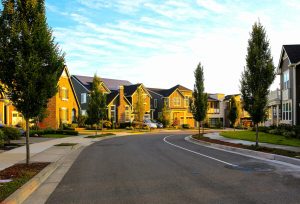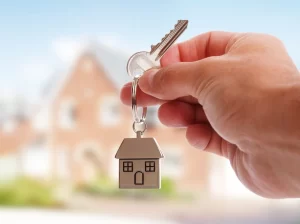When looking for a home, it is very important where you live. Learning how to research a neighborhood is an important part of ensuring that the home you choose not only meets your short-term needs but also your long-term lifestyle goals. Whether you’re a first-time homebuyer or a seasoned investor, these tips will help you better research housing communities.
1. School Quality and District Reputation
The quality of schools in the area is important for anyone who has children or is planning for the future. Understand the district’s reputation, test scores, and any notable successes. A good school system can not only make your life better, but it can also have a significant impact on the value of your home if you decide to sell.
2. Crime and Safety Rates
Homeowners attach great importance to safety. Use online tools and crime maps to find out how safe a neighborhood is. Look for patterns over time and talk to police to learn more about how communities can protect themselves.
3. Community Support Facilities
Check that all the services you need are nearby. Being close to food stores, medical facilities, parks, and other fun places to spend time can improve your daily life. A community with good amenities makes life better for the people who live there.
4. Travel Mode and Travel Time
Think how easy it is to get around your neighborhood. Check how close the property is to major roads and public transport, and how long it typically takes to reach key locations such as work or school. An easily accessible location saves you time and lets you get more done every day.
5. Future Development Plans
Take into account any planned construction projects in the area. The planning and construction of a city can have a significant impact on housing prices and the overall feel of a community. Knowing what the plan is can help you make choices that will last in the long run.
6. Jurisdictional Demographics
It’s important to know what kind of people live in your community. Understand the age groups, cultural diversity, and economic background of the community. This knowledge can help you determine whether a community is a good fit for your tastes and lifestyle.
7. Trends in Real Estate Values
See how home prices in the area have changed over time. If a neighborhood has a history of stable price growth, it can be a good place to invest. Online real estate websites and local real estate documents can tell you a lot about market conditions.
8. Community Activities
A vibrant and good community often organizes events and does things to bring people together. Find out which community centers, social clubs and events are near you where people can get to know each other. Strong community ties can make life better and provide you with a support system.
9. Rules Regarding Zoning and Neighborhoods
Make sure you are familiar with neighborhood rules and zoning plans. This knowledge is important, especially if you have specific plans for your home, such as remodeling or starting a home business. If you follow the rules in your area, you can become a homeowner easily and without stress.
10. Things in the Environment
Take into account external factors that may impact the community. For example, investigate areas where flooding or earthquakes are likely to occur. Understanding these things can help you identify potential risks and take the right steps to protect your investment and ensure it lasts.
11. Community Reviews and Reviews
Use the Internet to find places where neighbors can share ideas and experiences. Authentic reviews from current or former residents can provide you with valuable information about the pros and cons of a community so you can make an informed choice.
12. Resale Market Analysis
Even if you don’t plan to sell immediately, consider how easy it will be to sell your home in the future. View recent sales data and changes in property values to gain a comprehensive understanding of the local resale market. Armed with this information, you can make decisions that will help you achieve your financial goals.
Conclusion
Learning how to do community research requires a combination of time and online tools to explore the area and engage with the community. When you research the above factors, you will arm yourself with the information you need to make an informed choice about the community where you want to live.
Remember that the best place to live is not just the house itself; This is also a neighbor. Spend some time researching and visiting different communities to ensure that the community you choose meets your future needs and goals. This investment in learning is sure to result in a fulfilling and satisfying experience for homeowners.
FAQs
1. Why is it important to know your neighbors before buying a house?
Researching a neighborhood is important because it can help you learn things like safety, school quality, neighborhood characteristics, and home value trends. This knowledge can help you ensure that the community fits your long-term goals and lifestyle.
2. How can you gain insight into the level of schools in a certain area?
Use online tools such as rating websites, rating websites, official school district websites, etc. Learn about the school’s standardized test scores, extracurricular activities, and any awards the school has won.
3. What tools can I use to understand crime rates in my community?
Online crime maps, local police websites, and community forums can all be useful. These reports give you information about crime patterns and can help you determine if an area is safe.
4. How do I find out about future development plans for my community?
For information about future construction projects, contact your city or municipality’s planning department. To learn more about changes that could affect your community, attend a community meeting or consult public records.
5. Why is it important to know the population of the area?
Understanding the demographics of the community can help you decide if it’s a good fit for your needs. It tells you about the age group, cultural diversity, and economic background of the community.
6. Where can I find out more about events and ways to get involved in the community?
Check out your community center website, social media groups, and event platforms. These sources often share details about upcoming events, social gatherings, and projects that involve people in the community.



